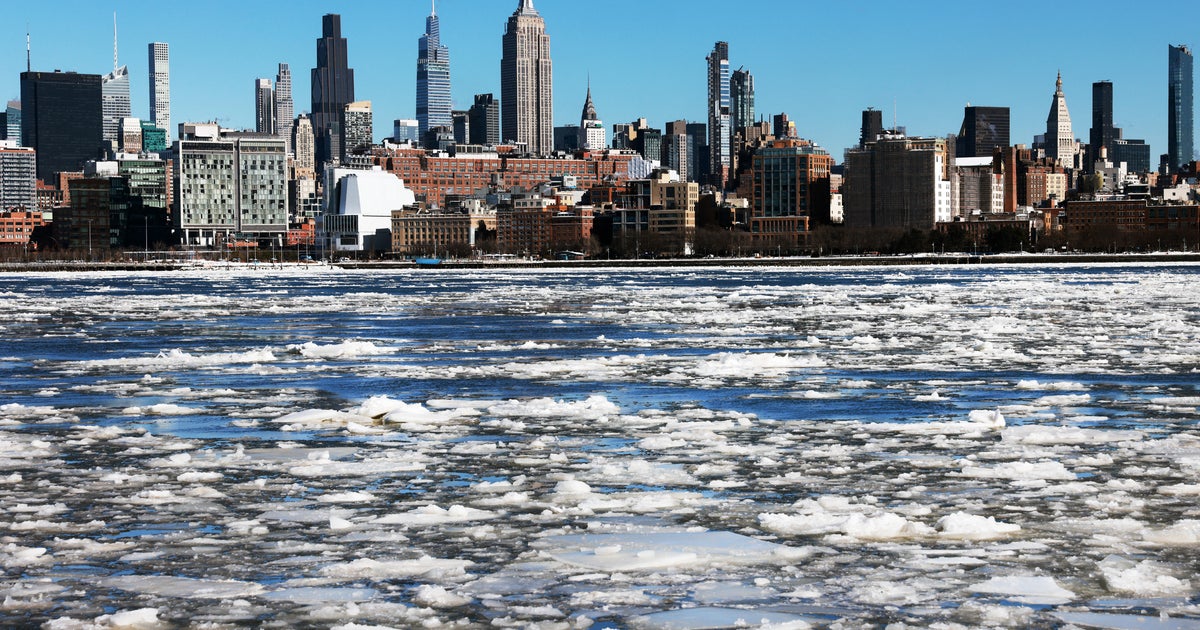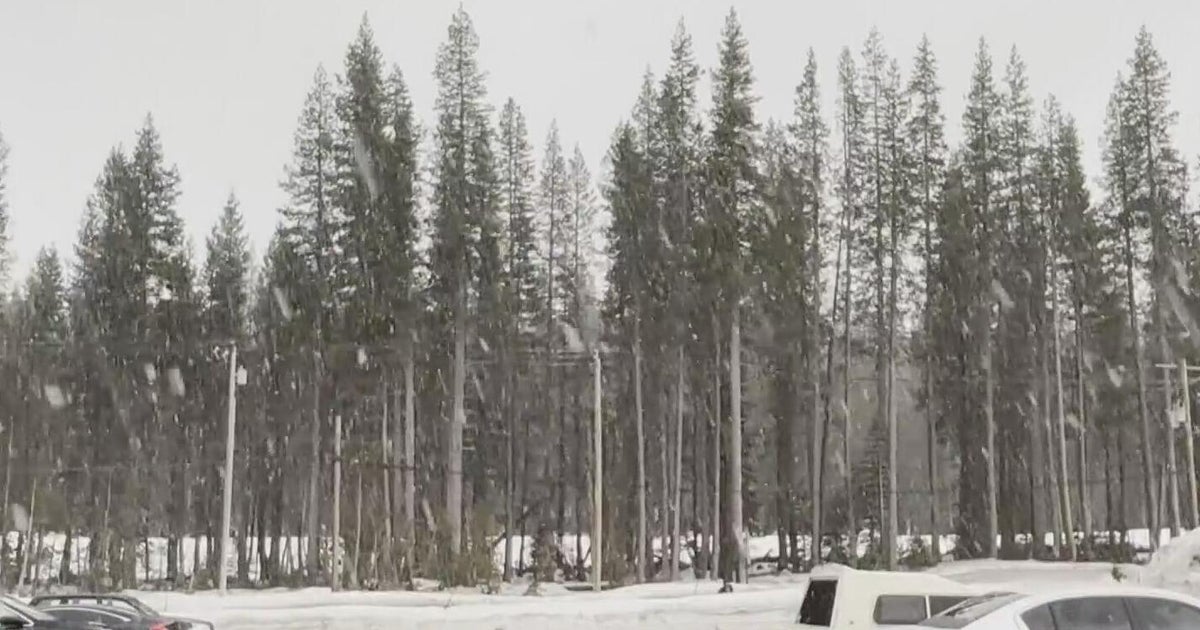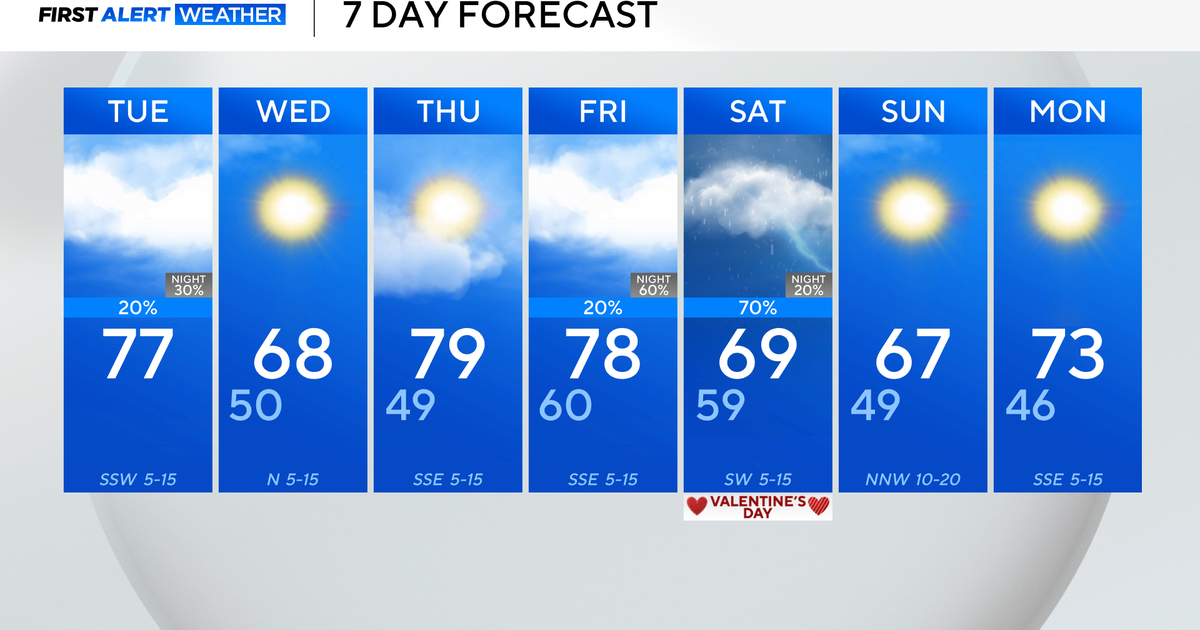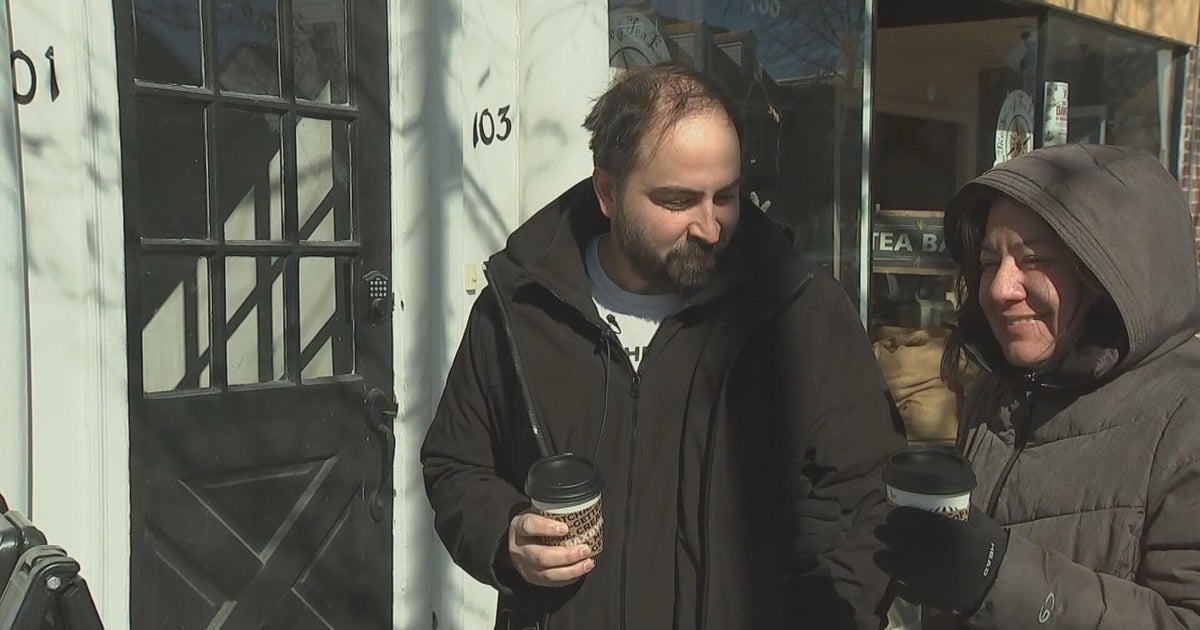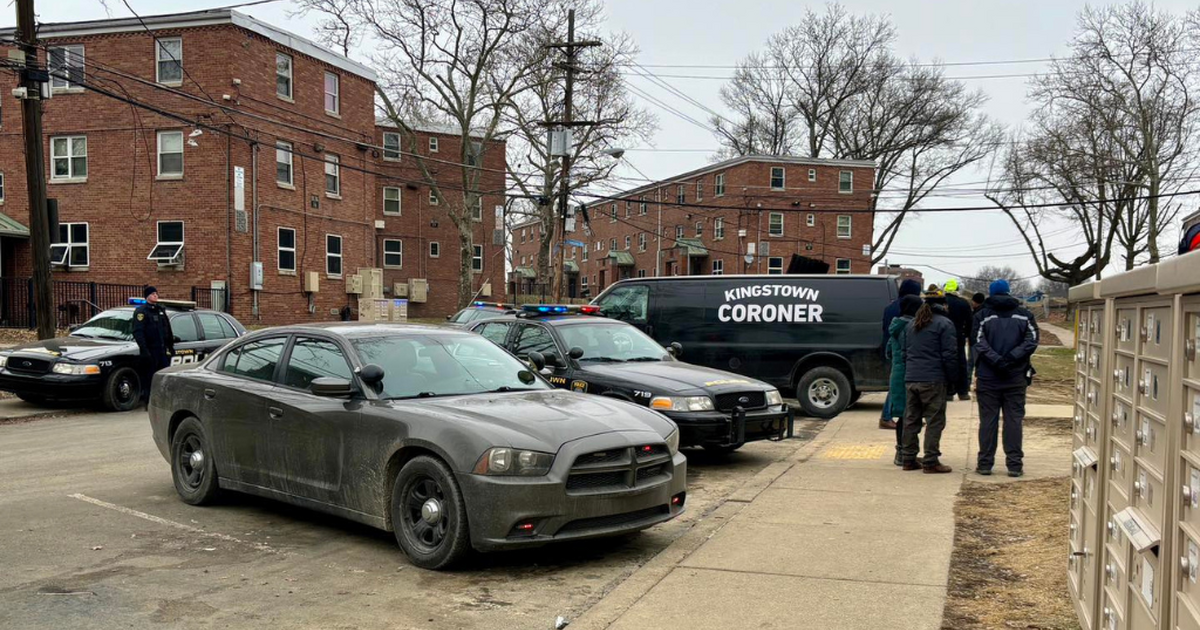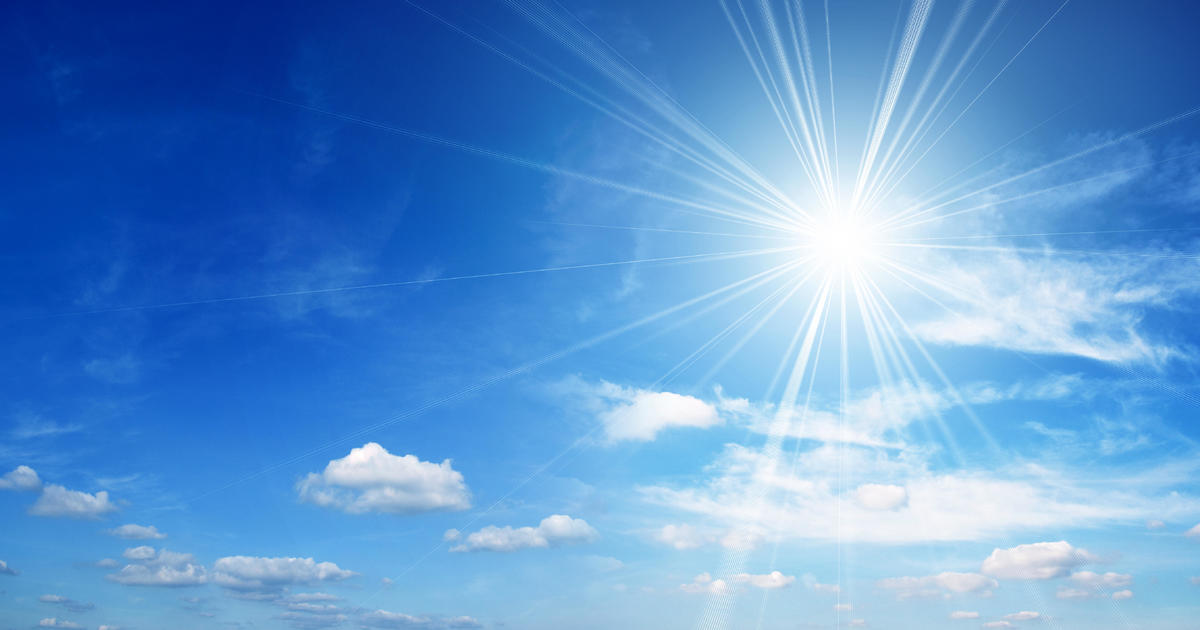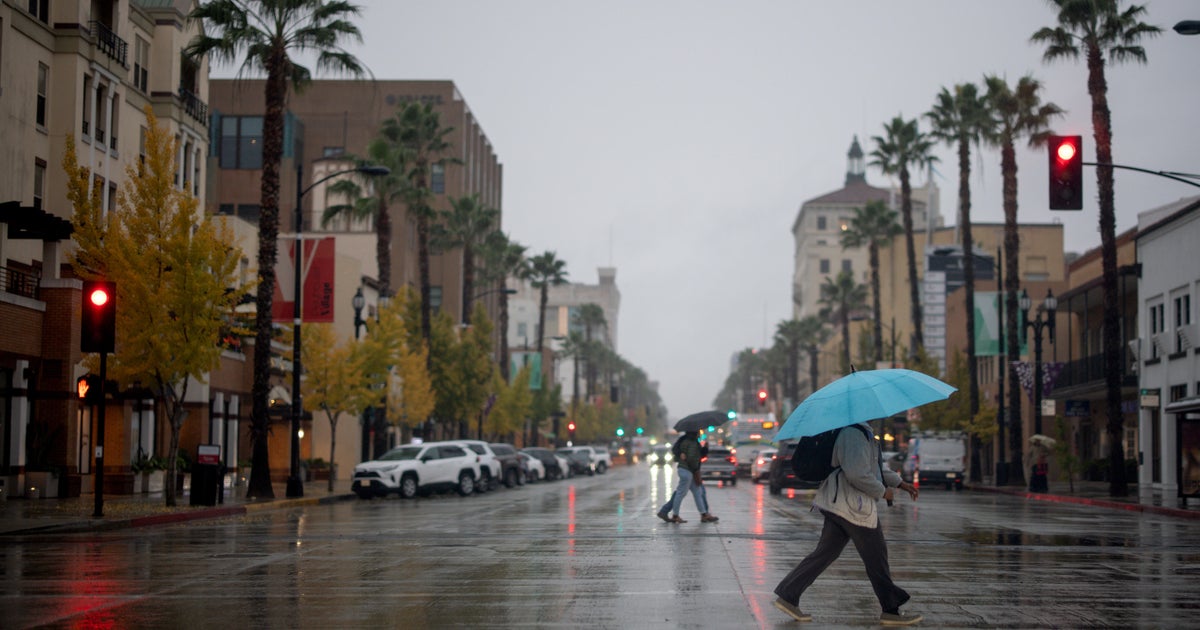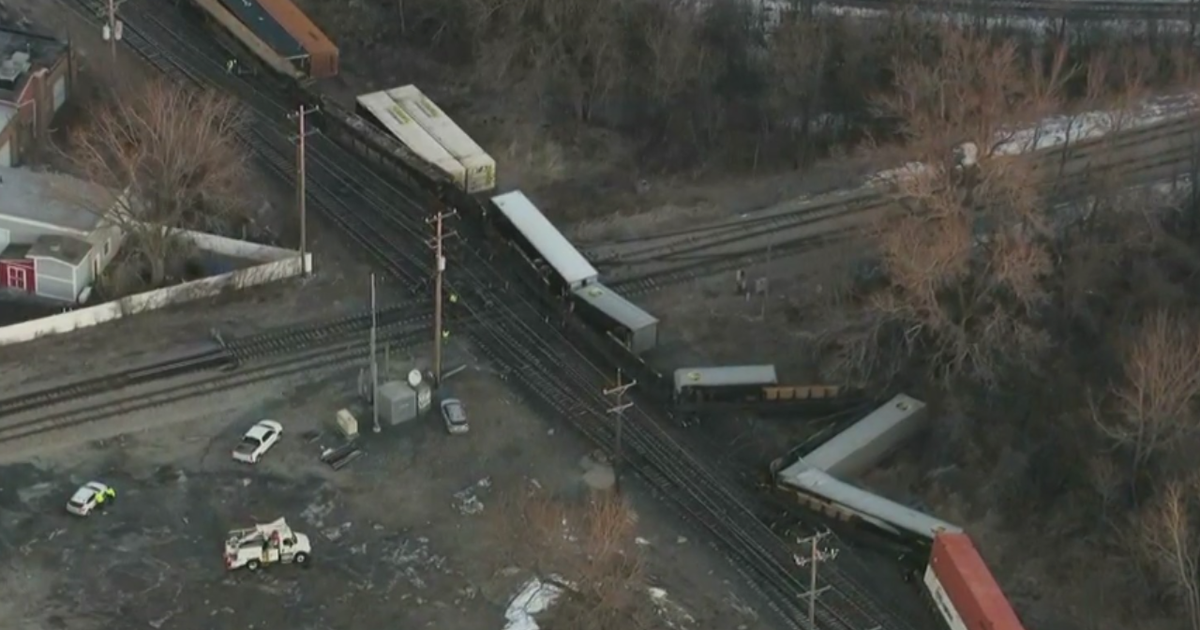Hurricane season preparation tips: Sponsored content
Florida Power & Light Company (FPL) is preparing for storm season and urging customers to prepare as well. Keep your family safe with a plan that includes things like evacuation routes, special medical needs, important phone numbers and supplies. Some tips to help you get started, include:
Develop an emergency plan that includes answers to questions such as:
- What do I need to do to secure my home, car and boat? Who will help me?
- Where am I going to stay during the hurricane, and what are the evacuation routes?
- Where will my pets stay?
- If I plan to stay at home, what do I need to do to be prepared, and where in my home will I ride out the storm? Emergency operations officials urge residents to prepare to be self-sufficient for up to 14 days without running water or electricity.
- Is your home or business in a flood and/or evacuation zone?
After reviewing this emergency plan with your family, take time to consider a few other things when preparing your home for storm season:
- Photograph or record your home - inside and out - for insurance purposes.
- Determine a good backup power source or make arrangements for relocating if a storm warning is issued and someone in your home is dependent on electric-powered, life-sustaining medical equipment.
- Update the phone number and email address on your FPL account.
- Consider getting a non-cordless, non-mobile telephone for your home in case the power goes out and/or mobile service is not available.
- Contact your local emergency management office if you or anyone you know has special needs, in case of evacuation.
- Do not attempt to trim any vegetation growing on or near power lines. Only hire qualified professionals to trim trees and other vegetation growing near power lines.
- Make sure outside debris is cleared prior to a hurricane warning as trash pickup will be suspended.
- Gather important documents, including: insurance policies, health cards, list of medications, birth certificates and Social Security cards, list of important phone numbers and your FPL bill. Once gathered, put them in a waterproof container.
- Turn refrigerators and freezers to their coldest settings to help keep your food fresh. Consider storing blocks of ice in coolers and filling your bathtub with water in the event that you lose electricity and running water.
If a storm is approaching, here are some additional ways to secure and prepare your home:
- Store objects from your yard inside
- Fasten doors and windows
- Cover valuables and furniture with plastic and move them away from windows
- Turn off and unplug any non-essential electrical equipment, including pool equipment
- Look up and note the location of power lines before you begin working on a ladder. Be sure that ladders or scaffolds are far enough away so that you - and the ends of the tools you're using - do not come within 10 feet of any power lines.
- Install an approved hurricane shutter system over your windows and doors or use alternate coverings such as plywood.
- Bookmark FPL.com/outage and save 1-800-4-OUTAGE (1-800-468-8243) to your cell phone to report and check the status of your power restoration.
After a storm has passed, keep the following tips in mind:
- Read and follow the manufacturer's instructions if you're using a generator. Set it up outside - not in your home or garage - and connect all appliances directly to it. Never wire your generator directly to your breaker or fuse box.
- Continue to conserve your refrigeration. Check food for spoilage; if in doubt, throw it out!
- Photograph or record your home, inside and outside, and take inventory to determine and record losses.
- Make emergency repairs only when it is safe to do so. Repairs that prevent looting or further damage should have top priority, but only if the repair can be done safely.
- If your roof or windows leak, turn off your circuit breakers, disconnect all electrical appliances that are still plugged in, and turn off all wall switches immediately as water in your walls and ceiling may come into contact with electrical wiring. Remember to never stand in water while operating switches or unplugging an electrical device.
- Be cautious when using a grill, portable stove or other emergency cooking devices.
- Do not use candles. Use battery-operated flashlights and lanterns instead.
- For more storm and safety tips, please visit FPL.com/storm.
